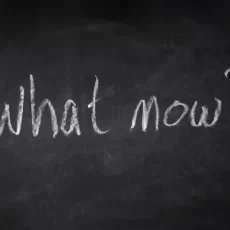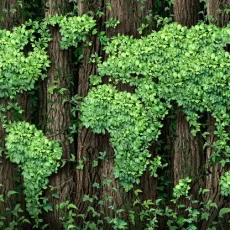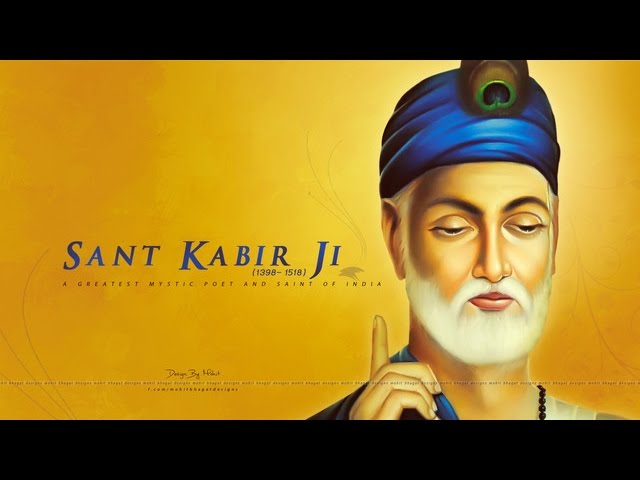There is a very interesting news for those who believe in science more than the religious ways of life. According to evolutionary scientists a wealthier population could mean the end of religion in the world.
The group of academics suggest the world’s major religions, including Christianity, Islam, Judaism, Hinduism and Buddhism, emerged as an evolutionary response to the differences in lifestyle between wealthy elites and poorer communities.
Evolutionary psychologist Dr Nicolas Baumard said affluence and wealth caused humans to have a ‘slower’ lifestyle, suggesting the wealthy elite 2,500 years ago would have been less sexually active, less aggressive and overall lead more laid-back lives. Happyho also provide best tarot reading services in Noida and Delhi NCR India area.
The study says living a ‘slow life’ put the elite at an evolutionary disadvantage, as they may have had fewer children, had less to eat (since they were less aggressive about acquiring food) and have reproduced later in life.
In order to offset this disadvantage, the wealthy introduced moralising religions to the poor as a way to introduce them to ‘slow-life’ strategies, therefore offsetting the evolutionary disadvantages the elite faced in being less motivated by acquisition, greed and procreation.
The study said religious practice itself had been around since before a clear divide in wealth emerged, but that it lacked the focus on morality and fulfilment that is found within world’s major religions today.
To most people, believers and non-believers alike, it seems obvious that religion is on the side of the spiritual rather than the material world and that it fosters self-discipline and selflessness rather than license and greed.
The study said idea that true salvation could only be found in moral behaviour, not in having the most food or the most sex, may have served as a distraction to the non-elite, leading them towards ‘slow life’ strategies.
To read more on this topic please read … Teaching A Religionless Religion... by clicking on the link.





